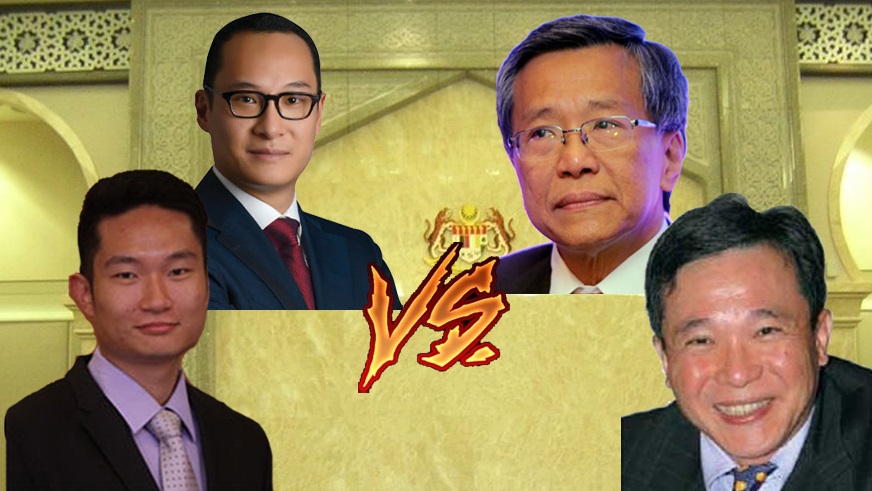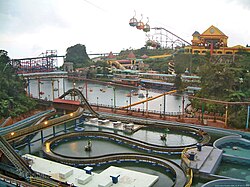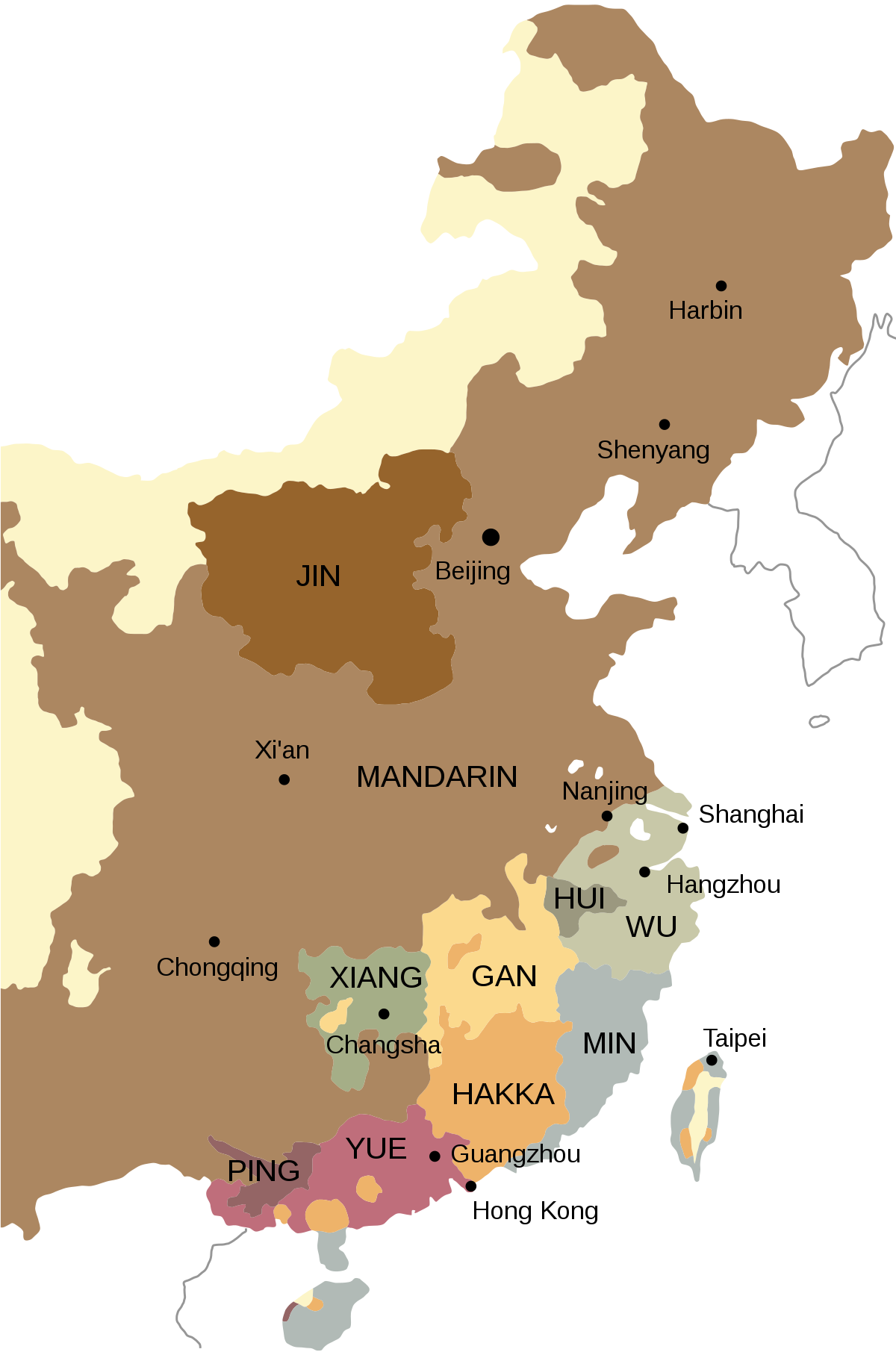Lim Goh Tong Family Tree

- Lim Goh Tong Family Tree Philippines
- Lim Goh Tong Family Tree Wikipedia
- Lim Goh Tong Family Tree Pictures
- Lim Goh Tong Family Tree
- Lim Goh Tong Family Tree 2019
By now you would have read in the media regarding the Genting family dispute which has broken out in the Lim family, who control the multi-billion ringgit gaming and leisure company Genting Bhd.
Stephen Tong (b. 1940), Chinese Indonesian Reformed evangelist; Lim Goh Tong (1918-2007), prominent wealthy Malaysian Chinese businessman; Prof. Tong Sun O.B.E., British Professor of Sensor Engineering for City University of London, was appointed Officer of the Order of the British Empire on 8th June 2018, for services to Engineering. Tan Sri Lim Kok Thay (林国泰; born 16 August 1951) is a Malaysian Chinese billionaire businessman. He is the chairman of Genting Group, a casinos, resorts and palm oil conglomerate with a market capitalization of almost US$40 billion, and the second son of fellow billionaire Lim Goh Tong, the company's founder.
In case you haven’t, The Edge Market Oct 10 2016 is where you could read about it in detail.
Joey Lim Keong Yew, Benjamin Lim Keong Hoe and Marie Lim Seok Leng — children of the late Datuk Lim Tee Keong — are taking legal action against their uncles, Tan Sri Lim Kok Thay and Datuk Lim Chee Wah.
Tee Keong was Goh Tong’s eldest son while Kok Thay and Chee Wah are the second and youngest sons. Kok Thay is chairman and chief executive of Genting Bhd but Chee Wah holds no position in any of the Genting companies.
[feature_box style=”12″ only_advanced=”There%20are%20no%20title%20options%20for%20the%20choosen%20style” alignment=”center”]

Note: The comments below are solely based on facts as they appear in the Edge news piece, but by no means should be misconstrued as professional advice. For professional advisory on estate planning such as Will and Trust planning, please go to HERE
[/feature_box]
And here a lesson on how to use a Trust to minimize the occurrence such family or business dispute.
#1 – In the Genting family dispute, Tee Keong’s sons Keong Yew and Keong Hoe challenged the validity of the will because they were not being named as beneficiaries
How to improve – note that will is not immune from being challenged, and when testator dies, the will is a public document. However, if you are to exclude any rightful beneficiaries, such as legitimate children & spouse from your will, always state the reason you are doing so.
#2 – Tee Keong’s will was signed on March 11, 2014, about a month before he died
How to improve – draft/amend your will when you are still healthy, not when you are terminally ill, especially when lots of money is at stake. You may be still mentally sound, but it is likely you are not in the best state to think clearly, rationally and comprehensively on your distribution instructions. If you feel you need to communicate to any beneficiaries on why you made certain decisions, do it. A dispute, dissatisfaction or commotion may still occur, but being a live audience to it and having it documented is better than being a posthumous witness where you can’t defend your decisions. (see #1)
#3 – In Tee Keong’s will, Kok Thay and Chee Wah are the executors
How to improve – Legally, any beneficiary can be the executor. However, if I can remotely sense there will be potential conflict of interest*, directly or indirectly, which can form a ground for disputes long time after you are ‘gone’, I will advise you to appoint an independent party as the executor. And appoint an entity (legal firm/trustee) instead of a natural person.
*- see Point #6

#4 …the will was prepared by Lai & Lai Partnership and the two witnesses were Tan Chui Lin — an advocate and solicitor with Lai & Lai — and Gerard Lim Ewe Keng
How to improve – the person/entity who drafted the will should not be a witness at the same time, although it is legally allowed. Again, can you see the potential conflict of interest which form a ground for dispute here? Very hard meh to have 2 witnesses who are not involved in the will drafting? (Answer – it isn’t). But most people do it for convenience sake. A good analogy is using the same lawyer in a real estate property sub-sale transaction – the lawyer has to take sides, he cannot represent the interest of both parties.
#5 – A Dr Chong Khah Shin had attested to Tee Keong’s mental capacity at the time of the execution of the will
Lim Goh Tong Family Tree Philippines

How to improve – this complication of needing a doctor to attest to the testator’s mental capacity is unnecessary if you follow #2. If I am a smart doctor, I just want to do my daily job and will be reluctant to be the attestator in such situation. Not worth the trouble, unless the patient is also a personal friend.
#6 – Lai & Lai have been Genting group’s lawyers for many years. The principal partner of Lai & Lai, Joseph Lai, is on the board of Kien Huat Realty Sdn Bhd, which has 39.76% equity interest in Genting Bhd. They also stated that Ewe Keng is an employee of the Genting group. As such, the two brothers allege that all three are beholden to Kok Thay and Chee Wah, who have wielded total or substantial control over the Genting group since Goh Tong passed away in 2007
How to improve – the fact is, when dispute happen, people are going to dig into every shit, even remote ones and link it back to you. Why provide bullets for such dispute to happen, even if you are right in the first place?
#7 – In Genting family dispute, Kok Thay and Chee Wah said that the services of Lai & Lai were used at the request of Tee Keong, adding that Chong was a close and trusted friend of the late Tee Keong, and Ewe Keng was a mere witness to the will
How to improve – dead person can’t rise from his grave and defend himself. Now, it is like “your words against my words”. An independent legal firm with no prior business dealings with Genting group and where its shareholders does not have any direct or indirect substantial interest in Genting group business is the ideal choice to draft the will.
Lim Goh Tong Family Tree Wikipedia

#8 – In Genting family dispute, Keong Yew and Keong Hoe also questioned why Tee Keong intended to provide for the beneficiaries via a will when there were no substantial assets available as Tee Keong was a bankrupt, and any existing asset would already have been vested in the official assignee. Tee Keong had incurred heavy stock market trading losses and was forced to quit as director of various Genting companies in 1999. In 2003, he was declared a bankrupt over RM208 million owed to unsecured creditors. Tee Keong’s sons also alleged that if Tee Keong’s estate were to inherit assets after his death, the priority would be to pay off the creditors, unless Tee Keong was discharged as a bankrupt. They alleged that both Kok Thay and Chee Wah were the driving force behind attempts to discharge Tee Keong from bankruptcy after his death
How to improve – a valid argument. Now, refer to #1. State your reason, even if you don’t have to do so legally. Because if you do state your reason, this argument is no longer valid.
#9 – In Genting family dispute, Kok Thay and Chee Wah also said that Tee Keong was not close to the two sons. Kok Thay and Chee Wah said that it was Kok Thay who accompanied Tee Keong for his medical appointments and it was Kok Thay and Chee Wah who paid the bill for Tee Keong’s funeral and not his sons. The uncles alleged that Keong Yew had, in fact, only returned from Hong Kong on the last day of Tee Keong’s wake before the funeral, while Keong Hoe only visited Tee Keong at the behest of Kok Thay
Lim Goh Tong Family Tree Pictures
How to improve – again, if you refer to #1, if Tee Keong could just state the reason he didn’t want to benefit certain legal beneficiary, Kok Thay and Chee Wah’s argument will be more solid. And “closeness” is not something you can measure and document.
#10 – for the Tee Keong Family Trust, his son Keong Hoe and daughter Seok Leng were removed as “discretionary beneficiaries” of the trust
Lim Goh Tong Family Tree
Comments:
Lim Goh Tong Family Tree 2019
- Discretionary trust distribution to beneficiaries are per trustee discretion upon consultation with protector. Nothing is wrong about it as this is the nature of discretionary trust. However, in this case, it provides ground for challenge because Chee Wah is a director cum shareholder of the trustee company.
- It is obvious that the Protector in succession (Amaline S/B) has been given power to vary/amend Tee Keong Family Trust by settlor – Goh Tong. If this is stated in the trust deed, Keong Hoe and Seok Leng should know there is nothing ‘wrongful & unlawful’ about the removal of their names as beneficiaries of the Trust. However, in this case, it provides ground for challenge because Kok Thay is a director cum shareholder of the Protector company.
- Keong Hoe and Seok Leong should also know the Trustee are NOT obligated by law to reveal the content of the trust deed to beneficiaries.
- Similarly, the Trustee will not be obligated to inform beneficiaries if it removes them from the Trust or the reasons for removal. That is how private and confidential a Trust is even as the Settlor passed away, as opposed to a Will.
- To avoid dispute, don’t set up discretionary trust. Fixed trust is recommended. And you probably want to remove uncertainty by not giving powers to succeeding protector to revoke/vary/amend the trust.